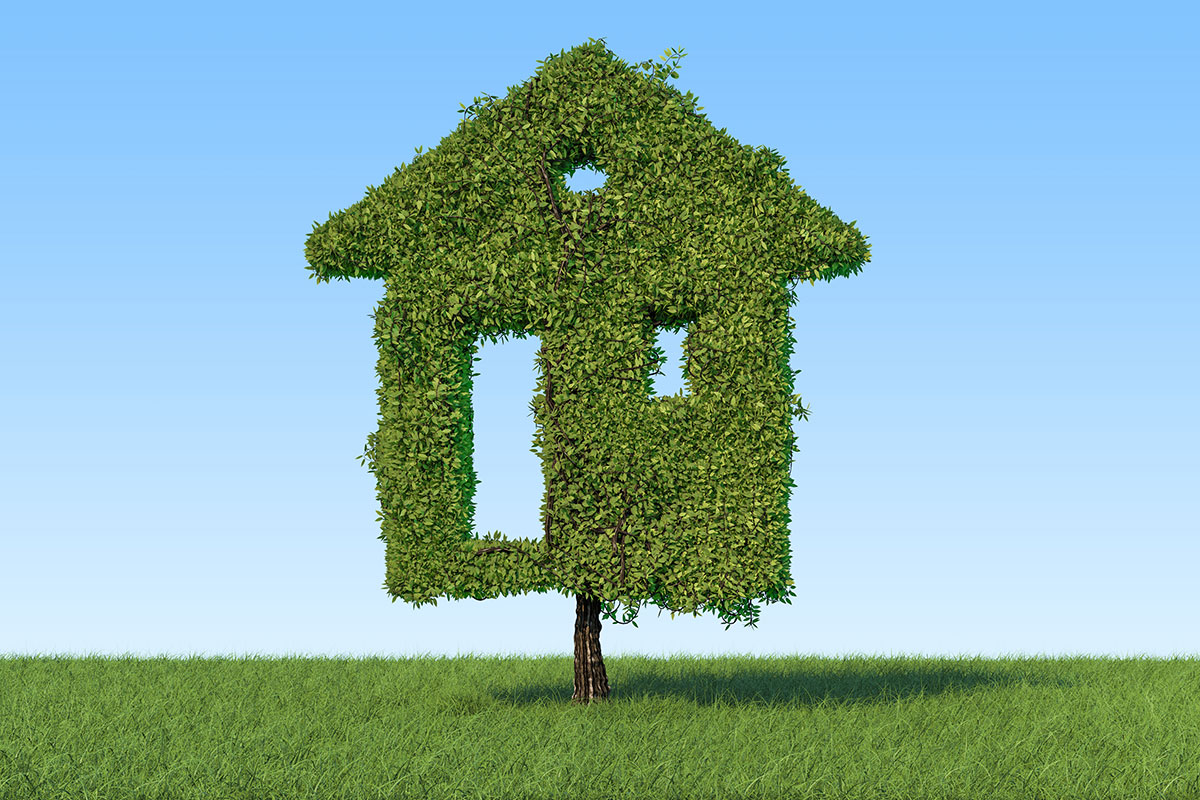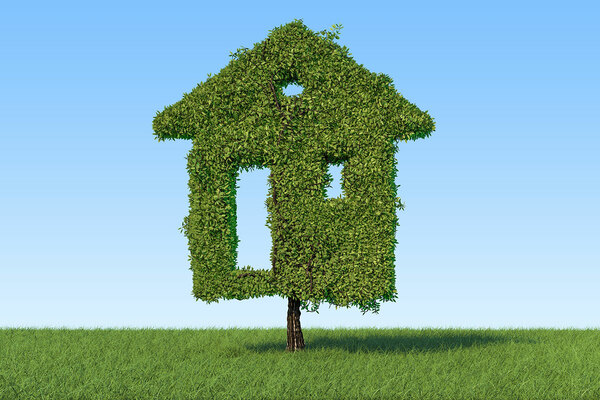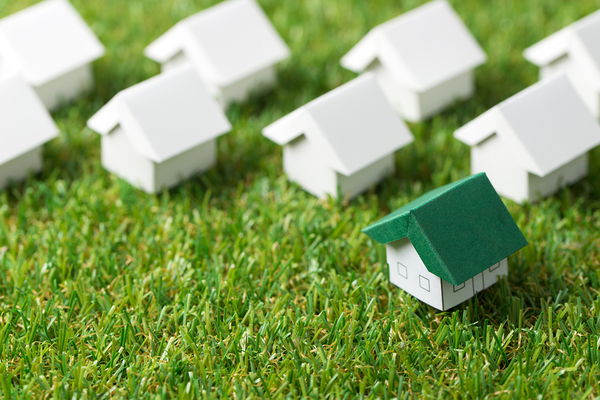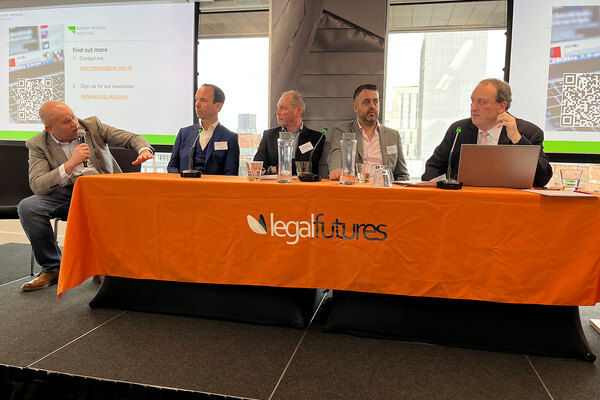You are viewing 1 of your 1 free articles
How Coastal is responding to the climate emergency
The Welsh government has got the policy ball rolling on climate action. Gareth Davies explains how Coastal Housing Group is responding
As we enter the second decade of the 21st century it can feel, depressingly, that action on addressing climate change is well, well overdue. The seriousness of the situation is unquestionably real, however optimistic some world leaders suggest we might choose to be. It’s action that’s desperately needed to address this crisis, not optimism.
For Coastal, that means the design of our new homes, how we procure them and how we commission them must change. Most importantly, our relationship with our homes and how we interact with the space they provide as well as our wider environmental needs must also be fundamentally transformed.
I attended an academic conference in Helsinki in 2011, where I heard someone remark that “Mother Nature does not negotiate”. That statement continues to live with me, and becomes ever more prescient as we endeavour to face the massive challenges ahead.
With the support of the Welsh government and its Innovative Housing Programme fund, several housing associations and developers operating in Wales have been able to explore approaches to the challenge of building better, faster and with the ultimate goal of attaining low or zero-carbon homes. Pilot projects have been a continual theme of delivering to low or zero carbon, and Wales has trialled projects before.
“With something so incomprehensibly massive, it’s easy to understand why some would like to plant their heads firmly in the sand”
This time it feels different. In April, the Welsh government declared a climate emergency. With the passing of the Well-being of Future Generations Act (Wales) in 2016, the momentum was already gathering pace. Only last week this government announced that by 2025 all new homes developed will be powered and heated by clean energy. The reliance on fossil fuels begins to end here, or perhaps it has already?
Several new projects in Wales across the social housing and housing development sector are driving forward transformation. We are definitely becoming the change that we want to see, and I for one hope there is no going back. Change is always a struggle and people deal with it in a myriad of different ways. With something so incomprehensibly massive, it’s easy to understand why some would like to plant their heads firmly in the sand.
It can be incredibly daunting to comprehend a new reality where economic models, behaviours and the familiarity of what we’ve always had or done must be turned on their head. Doubly so when the solid scientific evidence base must exist alongside ‘alternative facts’, conspiracy theories and the dissenting voices of climate change deniers.
My organisation delivered six homes in Ammanford in Carmarthenshire under the first phase of the Innovative Housing Programme. These were developed in partnership with Western Solar – an enterprise seeking to deliver low-carbon homes using its own designed model, but adapted to meet funding conditions. The project utilised locally sourced timber for both frame and external cladding, uses an extensive array of solar PV, and promotes electric vehicle use by providing individual charging points to properties.
Using passive principles, natural lighting is a key feature of the homes, along with a warm interior, leading to a comfortable and relaxing internal space. People have been living in the homes for almost six months and have already started to see the financial benefits of living in such an energy-efficient home.
“There can be no turning back. Everything we do going forward has to be designed and built in a different way”
Coastal is also collaborating with Swansea Council to deliver a zero-carbon development of almost 150 new homes on the outskirts of Swansea. Again with the support of £10m under the Welsh government’s Innovative Housing Programme, this project is taking us to the next level.
This development is using a cutting-edge design approach adopting fabric first. Again, incorporating a timber panel design system, the properties will be heated and powered with a combination of solar PV, battery storage and air source heat pumps. The homes will not be linked to the gas network. I was chatting to a colleague recently and we both realised that this project is the marker. There can be no turning back. Everything we do going forward has to be designed and built in a different way.
There clearly lies a huge challenge with our existing stock, and the same focus will be testing asset managers across the sector. What do we do with different types of homes to attain zero carbon, and is that even practically possible for some existing homes? Importantly, how is this work funded in the right way to ensure that social landlords can deliver without compromising other aspects of their business model?
I have illustrated two great examples of what’s happening in Wales. Others are taking similar ambitious steps. It makes me proud to live and work in a country where the devolved government takes this issue seriously, and realises the long-term implications, as well as thinking broadly around the opportunities for the ‘green’ economy that it will create. Bottom line, we have to act. There is no doubt that Mother Nature will continue to do so.
Gareth Davies, development director, Coastal Housing Group











